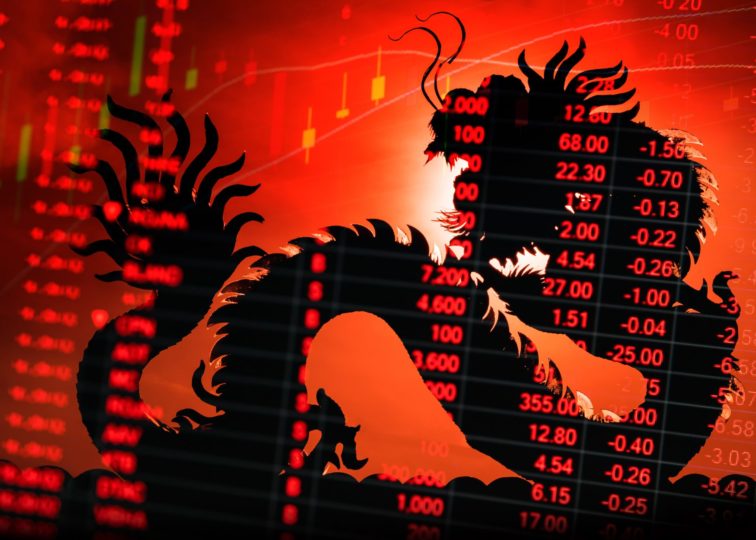
Blog
China Looks for a Soft Landing as Growth Falters
December 8, 2021
China was one of the only economies to expand in 2020 and had seen strong growth for much of 2021, but after an unexpected slowdown in the third quarter, Chinese leaders are looking to reverse the trend, without abandoning the policies that may have triggered the slowdown in the first place.
Strong growth projections have emboldened Chinese leaders to crack down on technology and real estate companies in an effort to curb speculative investing and reduce economic inequality.
Economists argue that the efforts may have overshot their mark, especially policies that restricted borrowing for the nation’s highly leveraged real estate developers. Sales by China’s top 100 developers dropped for the fifth straight month in November, falling 37.6% in value from a year earlier, according to data from the China Real Estate Information Corporation. Economic growth projections for China in 2022 have fallen to as low as 5%, which would be the lowest rate in decades.
China has enacted a slew of policies in recent weeks aimed at halting a slowdown in the housing market and stimulating overall growth. Officials have already taken steps to make mortgages more easily obtainable and have cut cash requirements for banks in an effort to make financing cheaper for businesses.
Economists expect further steps to come, including a possible cut to the nation’s benchmark interest rate, but many believe that the Chinese government is unlikely to enact more aggressive stimulus like infrastructure investment.
Following the 2008 financial crisis and a housing slowdown in 2014, China enacted an aggressive stimulus package that succeeded in stimulating growth, but saddled the economy with massive debt, creating the very conditions they now seek to combat.
Chinese leaders now find themselves performing the difficult balancing act of stopping economic slowdown without abandoning their long-term goals, something many investors do not believe they will be able to accomplish.
